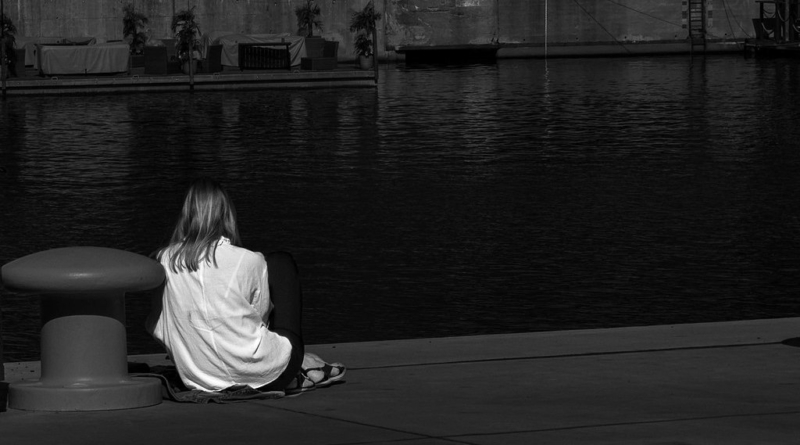The second step of Alcoholics Anonymous is to admit that only a “higher power” can save one from the scourge of alcoholism. This is unsurprising, since AA grew out of Christian evangelization groups. But the early members of AA thought that an atheist could also believe in some kind of higher power—it could even be AA itself. At the same time, they also had great confidence that, however vague or atheistic someone’s initial idea of a higher power was, anyone who hung around in the program for long enough would probably end up believing in God in a more conventional sense:
Once across, their faith broadened and deepened. Relieved of the alcohol obsession, their lives unaccountably transformed, they came to believe in a Higher Power, and most of them began to talk of God. (Twelve Steps and Twelve Traditions, 27–28)
There was a twofold optimism: anybody who wanted to find a way out of alcoholism could begin the process without explicitly believing in God. Yet it was God the whole time who was there helping, and many would come to believe in him through the process of recovery. An atheist alcoholic could show up looking for a path to sobriety and end up a clear-headed Christian.
The New Evangelization—the mission of the Church to those who have heard of the Gospel but have never followed it or have fallen away—is no easy task. Many in our society have already heard of the Gospel already and are predisposed not to believe it or take interest in it. They ignore the missionary even before he gets a chance to make his case. Yet the missionary of today does have one thing he can count on: so many today are seeking an answer to their own suffering.
Much of this suffering has a moral character. It is not like a disease of the body that can be cured by medication. A young woman who has suffered years of abuse must learn to see herself and the world differently. A young man who knows only a life of addiction needs to find hope for another life. Recovery requires a knowledge of the truth that another life is possible and a willingness to suffer many more things in order to find this freedom. Often this is only possible with the help of God.
I suspect that a large component of the Church’s evangelization in the coming decades will not start from arguments or testimonies, but rather with the willingness to aid the afflicted. This is not to say that the Christian missionary is a salesman. He does not see suffering as simply an opportunity to reel in another soul. He is, fundamentally, a man of Christ, motivated by divine charity, who wishes to succor the sick. Much the same way, AA never was an evangelization tool; the organization does not heal only in order to bring to belief. It stubbornly refuses to become anything other than an organization for helping anyone who wants to escape from alcoholism. Yet many have come to believe nonetheless.
As Christians, we are motivated by charity, which is the love of God within us. This love heals us and lifts us up so that we may have a relationship with God. This love cries out to be shared with others. Many in our world today express little interest in being lifted up to divine things. But so many want healing. And as AA realized decades ago, often the healing itself lifts us up.
✠
Photo by Roland Osbeck (CC BY-SA 4.0)







